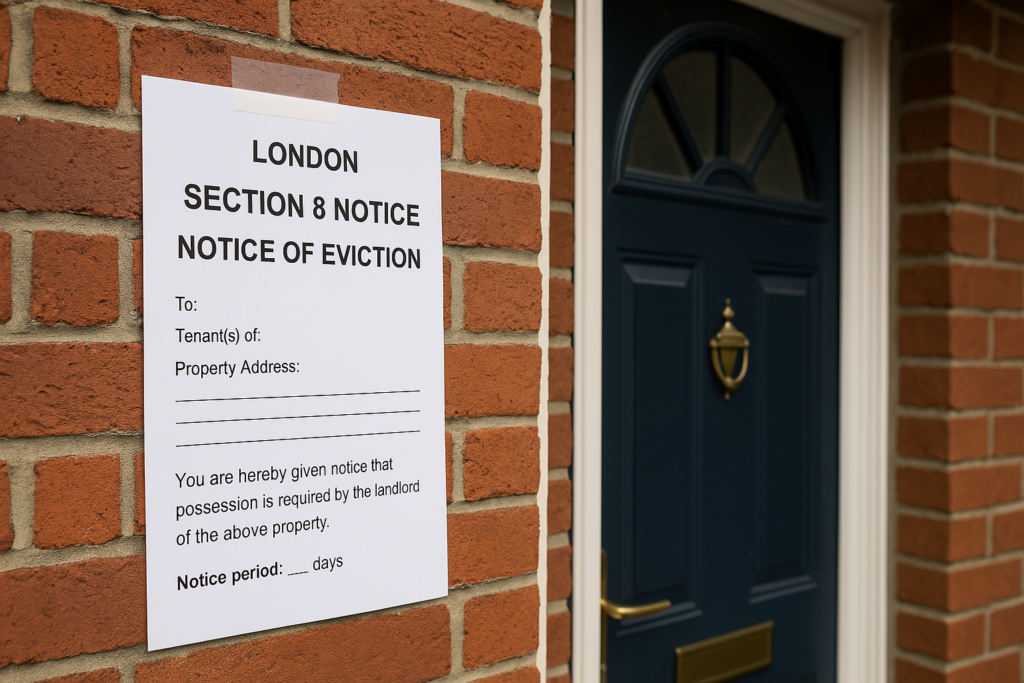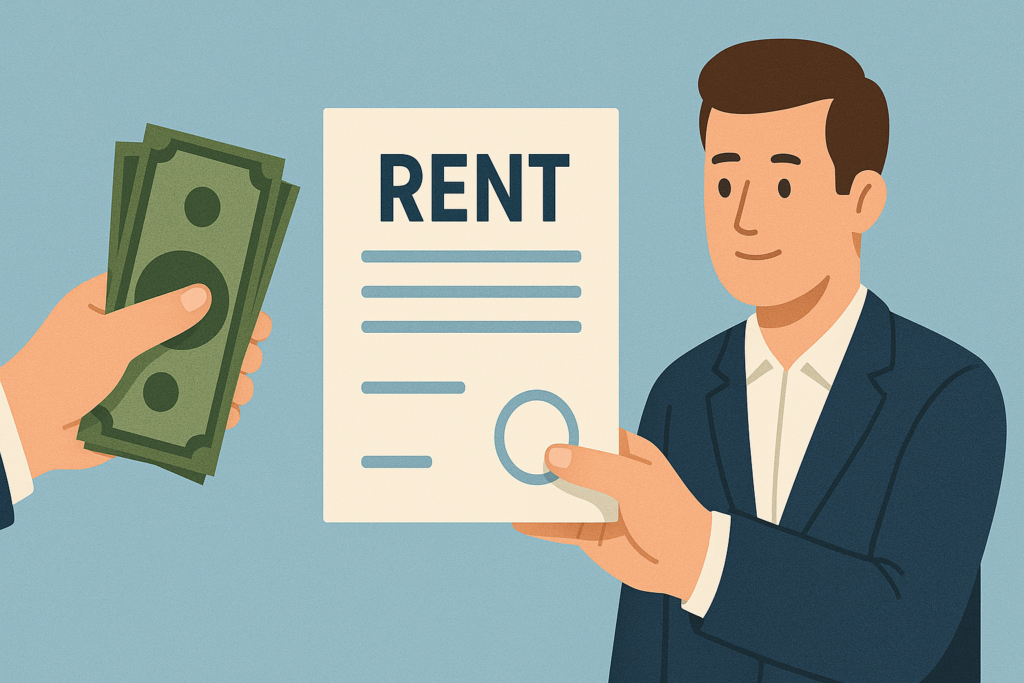Renewing a tenancy agreement is a crucial decision for any landlord in London. Whether you’re working with a seasoned tenant or considering changes to the terms of the agreement, reviewing the correct details can protect your investment, ensure legal compliance, and maximise your rental income.
As experienced professionals in the property sector, we provide a comprehensive checklist tailored for London landlords, especially those navigating the complex landscape of renewals, compliance, rent reviews, and tenant management.
Review the Current Tenancy Agreement in Detail
Before renewing, scrutinise the current tenancy agreement. Check for:
Rent amount and frequency
Deposit details and protection scheme
Responsibilities for maintenance and repairs
Notice periods for both parties
Any addendums or clauses that may now be outdated
Ensure the agreement reflects legal updates or market-driven adjustments, such as rent increases or maintenance expectations.
Evaluate Tenant Conduct and Payment History
Before offering a renewal, review your tenant’s history:
Were rent payments on time?
Were there any complaints from neighbours?
Have inspections revealed any damage beyond normal wear and tear?
Have they reported maintenance issues promptly?
Our in-house Tenant Screening & Rent Protection services can assist with verifying tenant reliability, giving you peace of mind before entering another term.
Conduct a Market Rent Review
The London rental market is dynamic. You must ensure that the rent you charge aligns with current market conditions.
We offer data-driven rent reviews, analysing similar properties in your area to determine whether an increase is justifiable.
A Section 13 notice may be required for periodic tenancies – something our legal team can assist with to ensure full compliance.
Check for Legal Compliance and Updated Regulations
In recent years, significant changes have been made in housing regulations, and failing to comply can lead to heavy penalties. Confirm the following are up to date:
Gas Safety Certificate
EPC (Energy Performance Certificate)
Electrical Safety Standards Report (EICR)
Smoke and Carbon Monoxide Alarms
How to Rent guide (must be the latest version)
We provide EPC assessments and all required documentation under one roof, making landlord compliance stress-free.
Inspect the Property Before Renewal
A thorough property inspection should be carried out before renewal. Look for:
Signs of damage or misuse
Evidence of unauthorised occupants or subletting
Mould, damp or structural issues
General cleanliness and upkeep
We recommend scheduling inspections with professional reporting. We can assist in arranging independent third-party inspections if needed.
Evaluate the Condition of Fixtures and Appliances
Ensure that all included fixtures, fittings, and appliances are still in good working condition. This includes:
White goods (fridge, oven, washing machine)
Heating systems and radiators
Bathroom fittings
Kitchen utilities
If repairs or replacements are needed, it’s best to address them before committing to a new term.
Discuss and Agree on New Terms
Renewals offer the perfect time to renegotiate terms. Consider:
Increasing or adjusting rent
Changing tenancy length (fixed term vs periodic)
Allowing or restricting pets
Adding clauses for better maintenance or quiet enjoyment
Our legal team can draft updated agreements that are watertight and fully compliant with UK landlord-tenant law.
Review Deposit Status
Verify that:
The deposit is still protected in a government-approved scheme
The Prescribed Information has been issued correctly
There are no unresolved disputes
We can recalculate and register the correct amount if the deposit needs updating due to a rent increase.
Consider the Use of Rent Protection Insurance
With increasing economic uncertainty, we strongly advise renewing with a rent protection policy. It provides:
Guaranteed rental income if the tenant defaults
Legal expense coverage for eviction processes
Peace of mind for landlords who rely on rental income
Our agency offers comprehensive rent protection services tailored to London landlords.
Plan for Future Exit Strategy or Repossession
If you’re planning to regain possession of your property shortly, make sure the proper notice periods are followed:
Section 21 (if applicable)
Section 8 for specific grounds (e.g., rent arrears)
We offer guided support for serving notice legally and effectively, ensuring no procedural errors.
Use a Professional Letting Agency for Renewals
Renewing a tenancy agreement isn’t just a formality — it’s a legal commitment. Partnering with professionals like us ensures that:
You remain fully compliant with the latest laws
You maximise rental value
Your tenants are vetted and reliable
All documentation is accurate and up to date
Our full-service agency handles renewals, legal notices, EPCs, rent reviews, and tenant management — all under one roof.
FAQs: Renewing Tenancy Agreements in London
Can I increase the rent during the tenancy renewal?
Yes. If the agreement allows it, or if it is a periodic tenancy, you can issue a Section 13 notice to raise the rent lawfully.
Our team can prepare and serve this notice on your behalf.
Do I need to issue a new tenancy agreement for renewal?
It’s highly recommended, especially if you’re updating terms. A fresh agreement helps prevent ambiguity and strengthens legal protections.
What if the tenant refuses the new terms?
Depending on the situation, You may need to negotiate or consider serving notice under Section 21 or Section 8. We offer full legal support for such scenarios.
How often should I review rent for my property?
At least annually. London’s rental market shifts quickly; an annual review ensures your income reflects actual market value.
Is it mandatory to have an EPC before renewing a tenancy?
Yes. All rental properties must have a valid EPC rated E or above. We offer same-day EPC services to keep your property compliant.
Contact us today if you’re a London landlord looking to streamline tenancy renewals, protect your income, and remain fully compliant.
We handle the entire process — from legal paperwork to rent protection — so you don’t have to.





